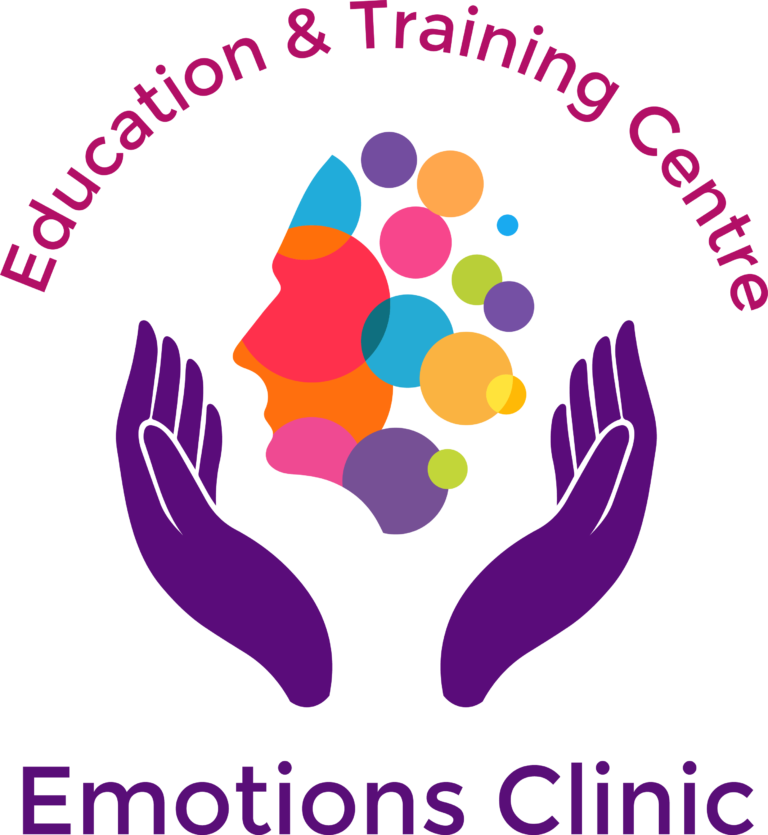• Frequent unpleasant dreams and nightmares: It is normal to experience both pleasant as well as unpleasant dreams, but if the proportion of unpleasant dreams is higher than that of pleasant ones, some action is required.
• Anxiety and panic: Panic typically manifests as intense fear or discomfort that develop abruptly and reach a peak within ten minutes. It is characterised by palpitations, sweating, trembling, sensation of shortness of breath, choking, chest pain, dizziness, lightheadedness, fear of losing control and dying etc
• How you feel at the weekend: Stress can manifest differently in different individuals. For some it manifests as not being comfortable with their own company; they are always seeking another activity in order to avoid being on their own as they can not tolerate solitude, whereas for others it can manifest as not wanting to be with people and they withdraw into their own shell. This can be explained as a difference in personality. Extroverts find that their batteries are charged when they are with people and doing some activity, hence when stressed they always seek company or an activity which serves as a distraction from their own inner problems. For others, mainly the introverts, stress manifests as an accentuation of their trait of withdrawing into their own shell. Social contact can lead to more stress for them and as a result, they avoid interacting with others.
• Relationship and sexual difficulties: For some individuals, the first sign of stress is problems in relationships that can occur for a number of different reasons. Denial of the stress that one feels within oneself can then result in its projection on to a relationship resulting in being over critical, intolerance of others, irritable, angry and having sexual problems. It is interesting to note that stress affects men and women differently – men report erectile problems and ejaculatory difficulties whereas for women the stress is more likely to manifest in the form of loss of desire and interest in sex. We do not know why men do not suffer from desire problems as much as women.
• Overeating, increase in smoking and drinking: Eating brings a sense of comfort and relief from anxiety which is used by some individuals to manage their anxieties. It doesn’t neutralise the stress but makes it disappear for a short while. Similarly drinking alcohol creates a temporary wall between you and your stress and the feelings of stress return as soon as the effect wears off.
• Psychological disorders: Difficulty making decisions, forgetfulness, inability to concentrate, anger, crying spells, feeling powerless, irritability, impulsive acts, frequent mood swings, loneliness, negative thinking and hopelessness are all symptoms of stress. Suffering from all these could indicate high levels of stress and it may or may not be severe enough to warrant a psychiatric diagnosis. It is only when these cause significant distress and incapacitation in everyday life and the individual can not shake them off that a psychiatric diagnosis is made.
• Suffering from a psychosomatic illness: Stress prone individuals report higher rates of bodily symptoms such as aches and pains, indigestion, allergies, headaches, backaches and they interpret these symptoms as indicative of a physical illness. Apart from these symptoms that resolve within a few hours, some individuals go on to develop medical disorders wherein stress plays an important part. Individuals suffering from illnesses such as migraine, hypertension, diabetes, asthma, IBS, menopausal hot flushes, premenstrual tension can have stress symptoms which could either be the cause, consequence or a reflection of the disease process. Stress management strategies can improve the prognosis of these disorders.


